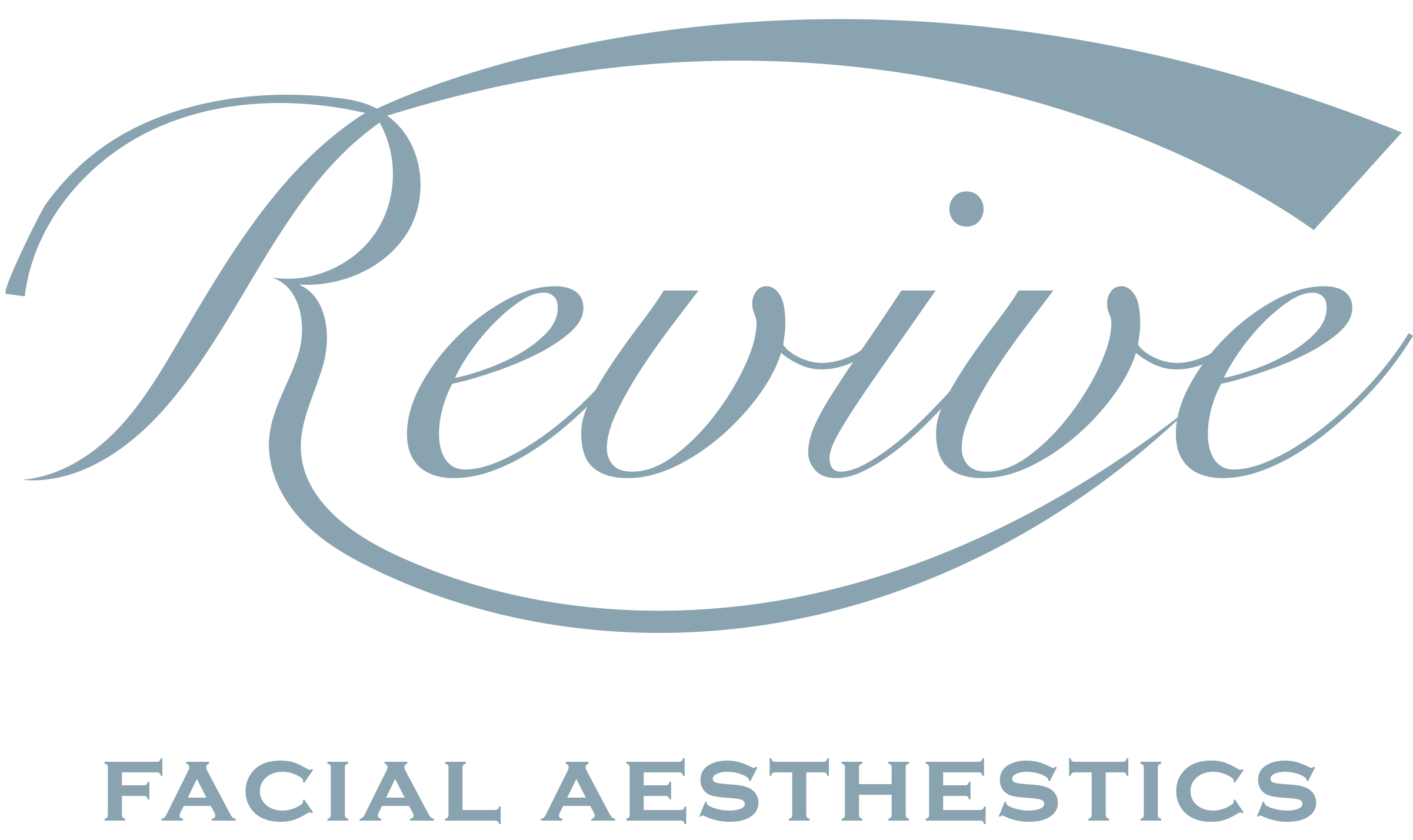
Eye health: Myths and facts
Open your eyes to the importance of eye health! Our eyes are not only windows to the world but also vital organs that deserve our attention and care. Yet, there are numerous myths floating around about how we should protect and maintain our precious peepers. Today, we'll dive deep into the world of eye health, debunking common misconceptions and providing you with evidence-based facts. So sit back, relax, and get ready to see through the haze of misinformation as we separate fact from fiction when it comes to keeping those baby blues (or browns!) in tip-top shape. Let's shed some light on this fascinating topic!
Common Myths About Eye Health
There are several myths surrounding eye health that have been passed down through generations. It's important to separate fact from fiction when it comes to taking care of your eyes. Let's debunk some common myths and shed light on the truth.
- Myth: Sitting too close to the TV or using electronic devices will damage your eyes.
Fact: While sitting too close to the TV may cause eye strain, there is no evidence that it causes permanent damage. Similarly, using electronic devices for extended periods won't harm your eyes either, although it can lead to temporary discomfort. - Myth: Eating carrots can improve your vision.
Fact: Carrots contain vitamin A, which is essential for good vision; however, eating excessive amounts of carrots won't give you super-powered eyesight. A balanced diet with a variety of nutrients is key for maintaining healthy vision. - Myth: Reading in dim light will ruin your eyesight.
Fact: Reading in low light conditions may strain your eyes temporarily but won't cause any lasting damage or deteriorate your vision over time. - Myth: Wearing glasses weakens the eye muscles.
Fact: Glasses simply correct refractive errors and help you see clearly without straining your eyes further. They do not weaken or strengthen eye muscles in any way. - Myth: Staring at a computer screen all day will make you go blind.
Fact: Extended screen time can cause digital eyestrain symptoms like dryness and fatigue, but it does not lead to permanent blindness or any other serious eye condition.
It's crucial to separate these myths from facts so that we can better understand how to care for our precious sense of sight effectively!
How To Take Care of Your Eye Health?
Eye health is of utmost importance, and it is imperative that we take proactive measures to maintain optimal vision. One key aspect of eye care revolves around proper nutrition. Consuming a well-balanced diet rich in antioxidants, vitamins A, C, and E, and omega-3 fatty acids can significantly support the overall health of our eyes. Foods such as leafy greens, citrus fruits, nuts, and fish like salmon or tuna are excellent sources of these essential nutrients.
Additionally, protecting our eyes from harmful ultraviolet (UV) rays cannot be overstated. Utilizing UV-protective sunglasses whenever outdoors helps to shield our delicate ocular tissues from potential damage caused by excessive sun exposure. Regular exercise also plays a crucial role in maintaining good eye health as it promotes healthy blood circulation throughout the body, including the eyes; hence, incorporating physical activity into daily routines should not be overlooked.
Furthermore, practicing good screen habits is vital in this digital era where prolonged use of electronic devices strains our eyes excessively. Adhering to the 20-20-20 rule—taking a break every 20 minutes to look at something 20 feet away for at least 20 seconds—can significantly alleviate eye strain symptoms associated with extended screen time usage.
To learn more or to get a comprehensive eye exam, visit us at Summerlin Vision in the Las Vegas area or call at (702) 243-8788 to schedule your appointment.
Office Hours
MON - THU8:30 am - 5:00 pm
FRIBy appointments only
SAT - SUNClosed







comments